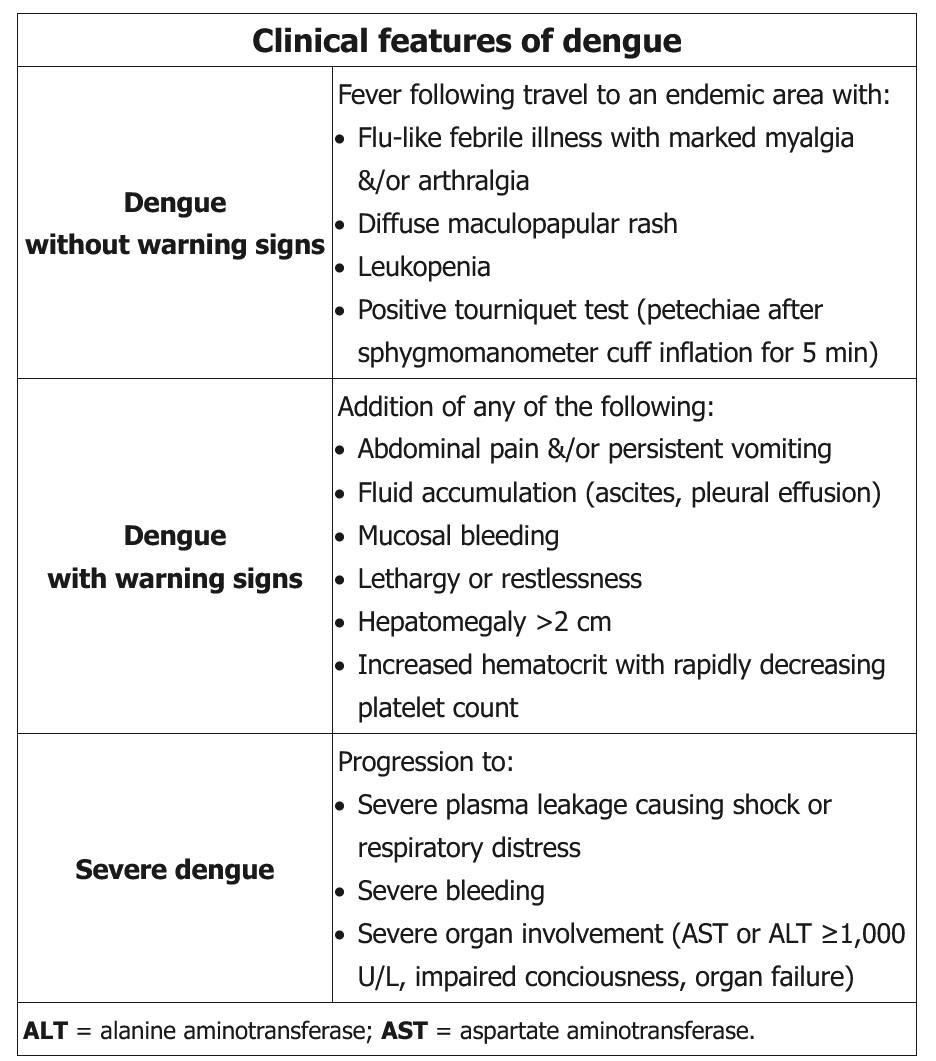Zika
Arboviruses are spread by arthropod vectors. Mosquitoes spread most travel-related arboviral diseases. Some arboviruses, such as yellow fever, are endemic throughout the tropics, and several countries require proof of vaccination before allowing entry by travelers. Other viruses, such as Japanese encephalitis, have more restricted geographic areas. The dengue fever, chikungunya, and Zika arboviruses are all spread by Aedes species mosquitoes and will be discussed here.
- More than 5600 infections have been reported in the United States since the epidemic, of which greater than 225 are presumed to be from local transmission (Florida and Texas) and 55 acquired by sexual or laboratory transmission.
- This flavivirus is closely related to dengue, yellow fever, and Japanese encephalitis viruses.
- Intrauterine and perinatal maternal-fetal spread and sexual transmission from an infected male partner are other less common modes of transmission.
- An estimated 18% of those infected demonstrate clinical symptoms, which are similar to dengue and chikungunya virus infections, with the additional finding of conjunctivitis in most Zika infections. Most patients recover uneventfully after a mild illness lasting about 1 week, but some develop Guillain-Barré syndrome.
- Of most concern are risks to fetal development in pregnant women infected with Zika, including microcephaly, other severe brain and eye defects, and impaired growth and fetal loss.
- Women who are pregnant must be advised against travel to areas where Zika virus is known to be present. Likewise, women and men who are planning to conceive in the near future should consider avoiding nonessential travel to areas with risk of Zika infection; it is recommended couples wait to conceive until at least 3 months (for men) or 8 weeks (for women) after the last possible Zika virus exposure or from the onset of symptoms or diagnosis. Those not planning to conceive should use condoms for all forms of sexual activity together with their chosen birth control method or abstain from sex if Zika virus transmission is a concern.
- All pregnant women should be assessed for possible Zika exposure, and those who return from areas with outbreaks should be screened for evidence of infection.
- For symptomatic, nonpregnant patients, nucleic acid amplification testing (NAAT) for dengue and Zika virus should be performed on serum collected within 7 days of symptom onset. IgM antibody testing should be performed on NAAT-negative serum or serum collected more than 7 days after symptom onset.
- For symptomatic pregnant women, serum and urine specimens should be collected as soon as possible for dengue and Zika virus NAAT and IgM antibody testing. Women who are pregnant and those who are planning to conceive should consult the CDC website for the most updated information when considering travel. No specific medications are available for treating Zika virus. Active vaccine development is ongoing.
- RNA nucleic acid amplification testing for the presence of Zika virus in serum and urine has a greatly diminished sensitivity if performed more than 2 weeks after symptomatic or asymptomatic exposure. In this case, Zika virus IgM antibody testing is preferred.
